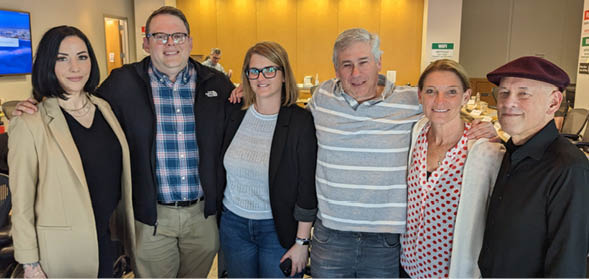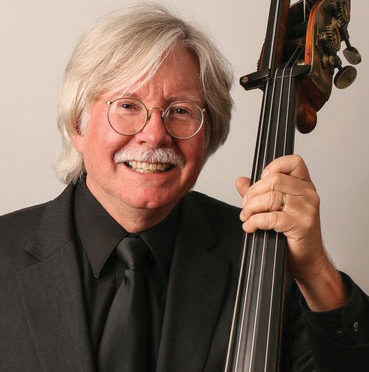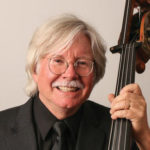by Marc Sazer, Recording Musicians Association President and Member of Local 47 (Los Angeles, CA) and Local 802 (New York City)
Why should residuals for recording musicians in a few mostly big cities matter? Our goal of achieving a fair streaming residual isn’t just for recording musicians. The industry standard “fixed” residual is paid through the local union and provides transformational revenue to both affected locals and our international union. This would be a game changer, generating new revenue for our AFM and new contributions into our pension funds.
On May 1, AFM stakeholders in our Fair Share for Musicians campaign were convened by AFM President Ray Hair in Los Angeles for a full day of updates, strategy, and commitment. Hair invited a number of local officers to join our rank-and-file steering committee made up primarily of musicians from Los Angeles and New York.
That very night the Writers Guild of America (WGA) went on strike against the Alliance of Motion Picture and Television Producers. The next morning, musicians already joined writers on the picket lines, demonstrating support and building relationships.
But that wasn’t the beginning of the relationship-building. I had been an invited observer at the WGA negotiations, and I’m playing that same role with the SAG-AFTRA negotiations that are going on as this article is being written. President Hair and the AFM have long had a deep connection with SAG-AFTRA leadership, and we have had observers at each other’s negotiations in the past.
As this column is being written, the WGA has been on strike for over a month. The Directors Guild of America has concluded a deal with the companies, which is out for ratification by their members. SAG-AFTRA announced that they had achieved a 97.9% strike authorization vote on the eve of their negotiations, which will continue through the end of June.
Our negotiations will be scheduled around the expiration of our Film and TV contracts (November) and Live TV Videotape contract (December). Streaming and streaming residuals are front and center for all of us. Each union has individual issues, but the production and distribution of streaming content is at the heart of all of this for everyone.
Our—AFM, RMA, and Fair Share for Musicians—united support for the writers during their strike is a recognition that we share common goals with the same employers. The companies are undermining our ability to make a living just like they are undermining writers, directors, actors, animators, crew, and everyone else. There is a newfound unity in the labor movement in our industry.
One WGA board member has created a fundraising T-shirt to support the Entertainment Community Fund (previously known as the Actors Fund), which offers assistance to anyone impacted by their strike: https://www.bonfire.com/wga-union-solidarity-shirt-2/. It is a step forward to see the AFM, alongside DGA, SAG-AFTRA, IATSE, Teamsters, Unite Here, and LIUNA, acknowledged for supporting the WGA.
For over a year, rank-and-file freelance recording musicians have been working, building and preparing a strong and effective campaign on behalf of our collective goals. We are constructing an organizing web of relationships among musicians, educating each other, and learning from the models offered by writers and actors.
By the time you read this article, the AFM Convention will have elected a new administration to lead our union. We offer our heartiest congratulations on their election and look forward to linking arms and jumping into action together—we are stronger together!

(L-R) Ellen Stutzman (WGA), Duncan Crabtree-Ireland (SAG-AFTRA), Chris Keyser (WGA), Meredith Stiehm(WGAW), Lindsay Dougherty (Teamsters), and Marc Sazer (RMA) in WGA negotiations caucus.









